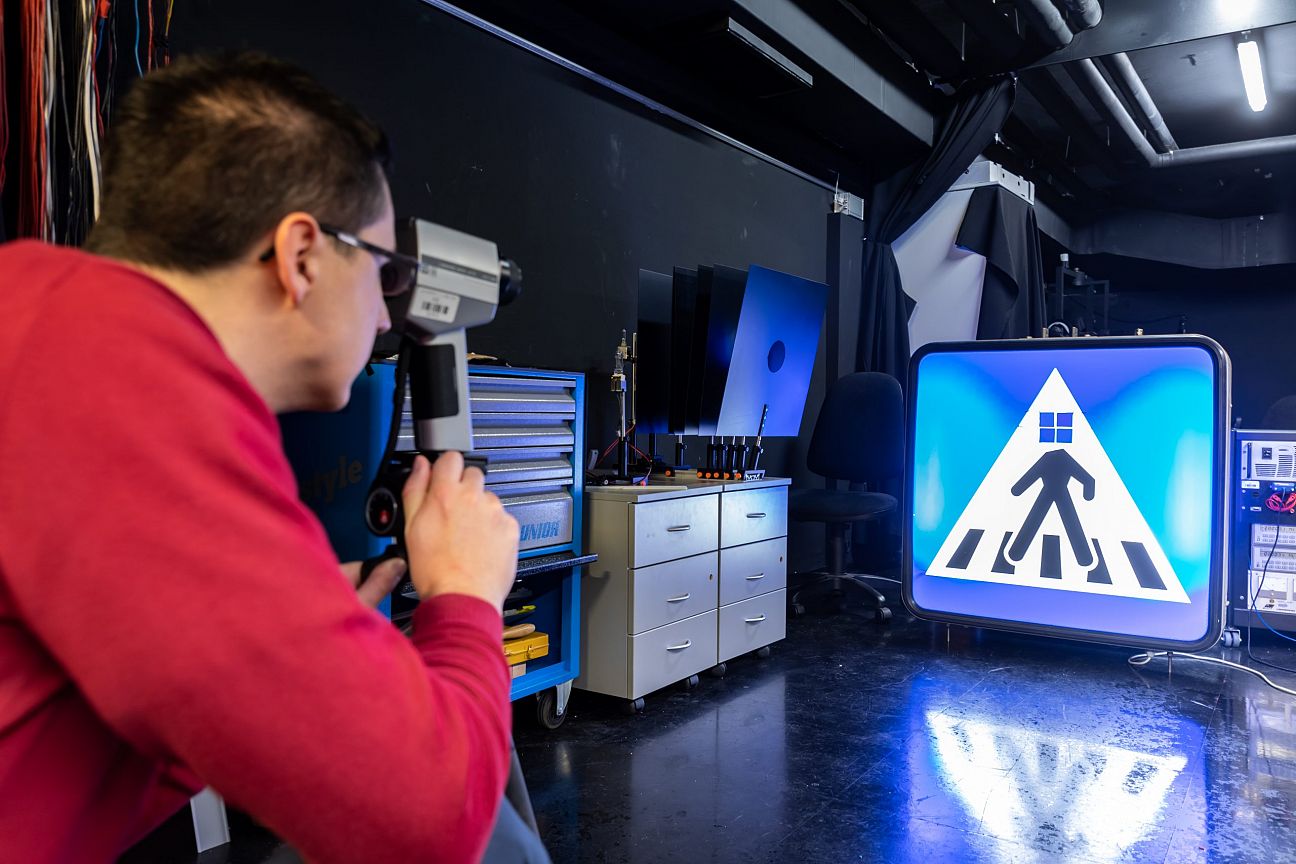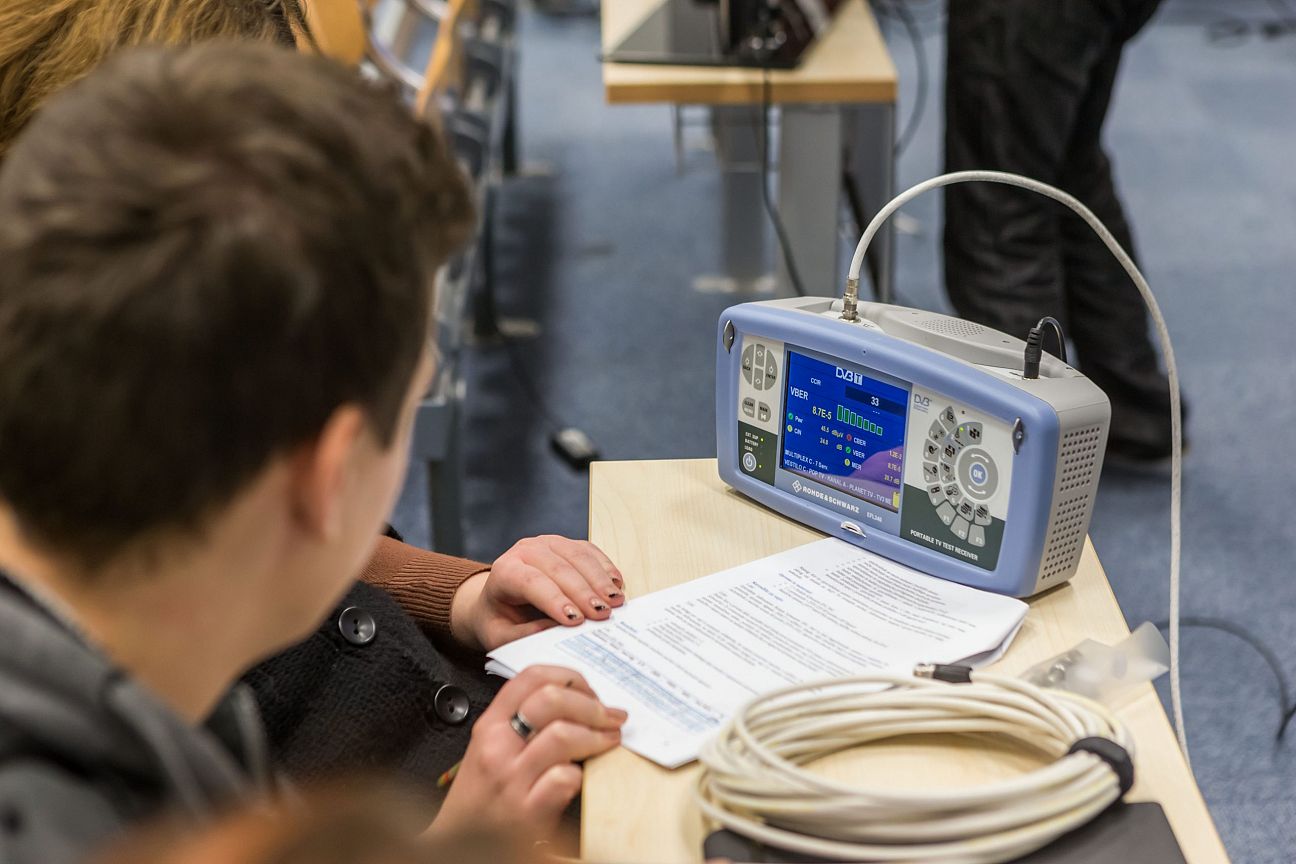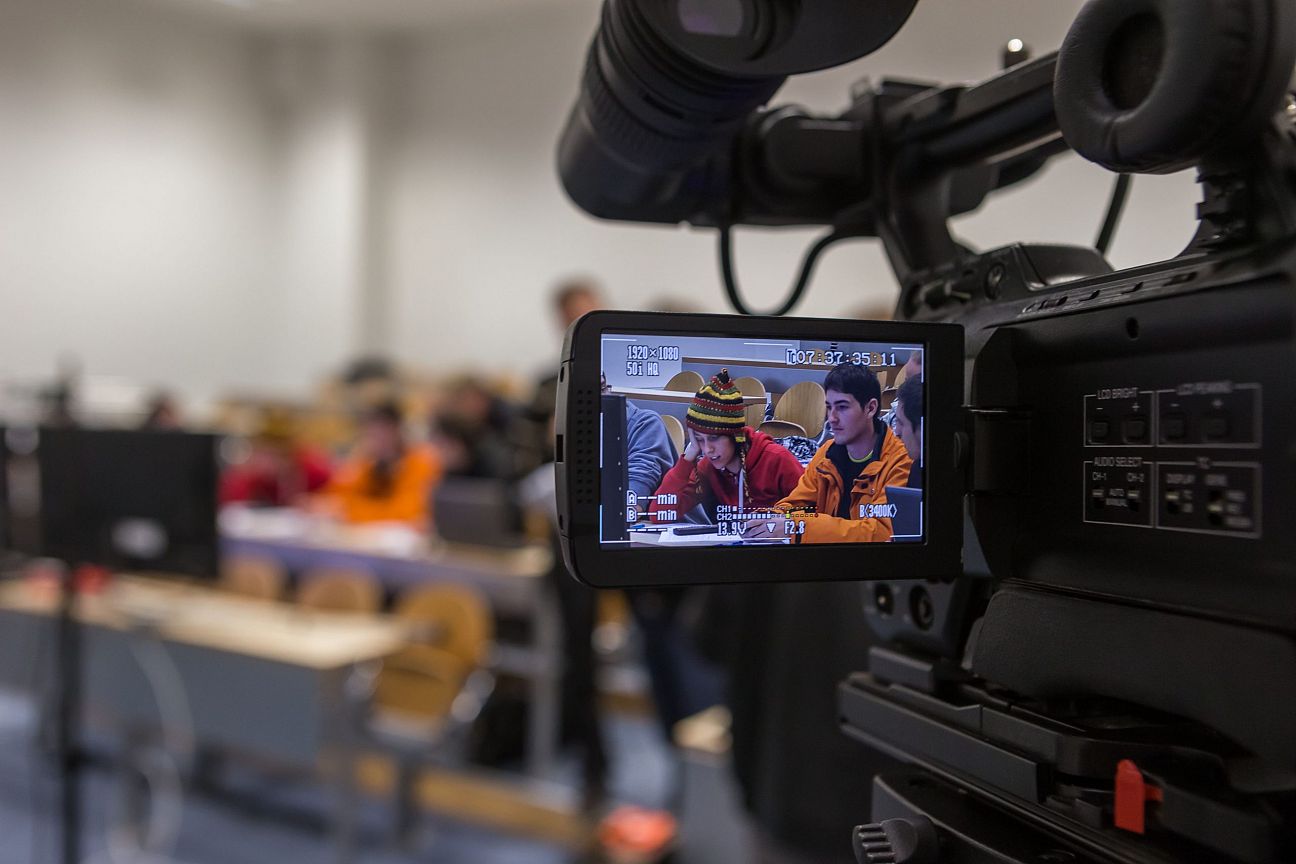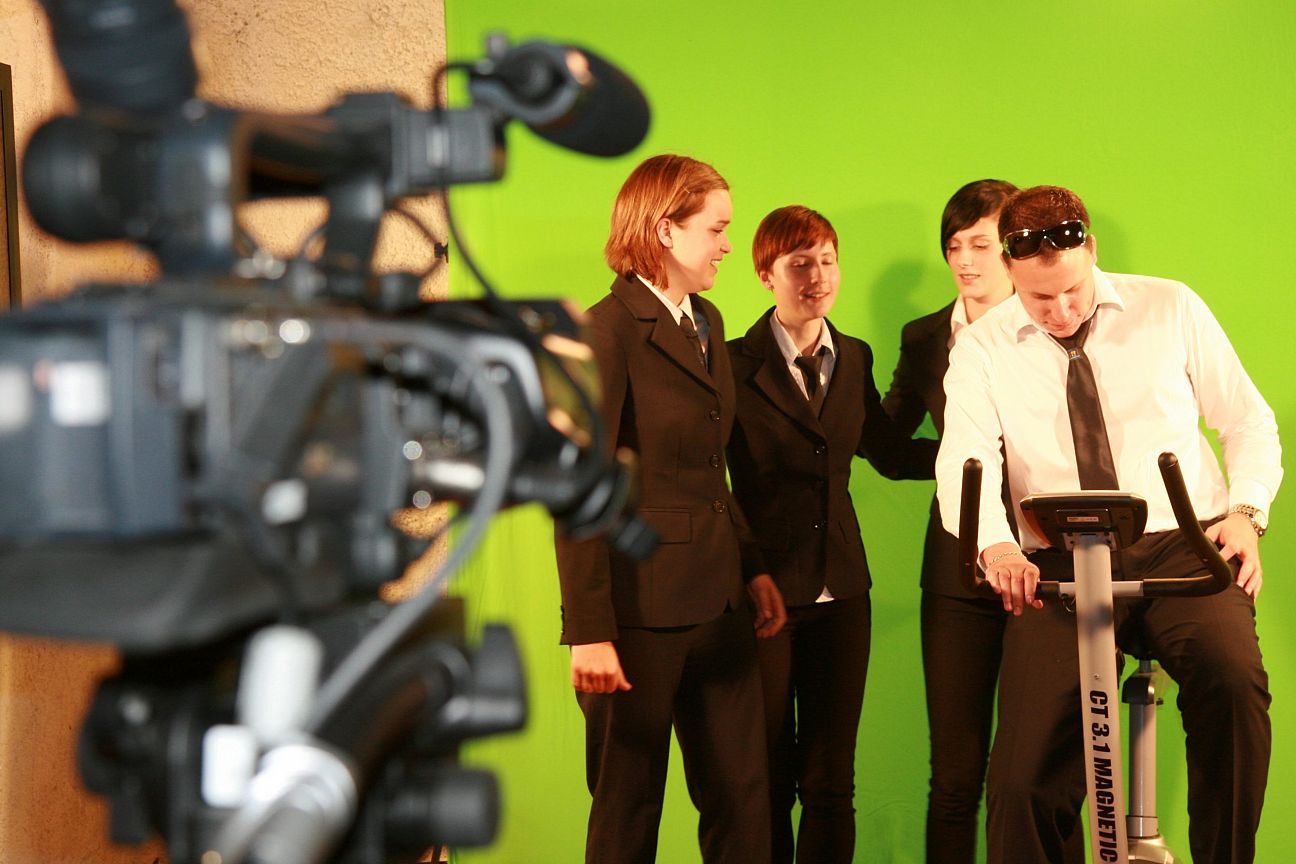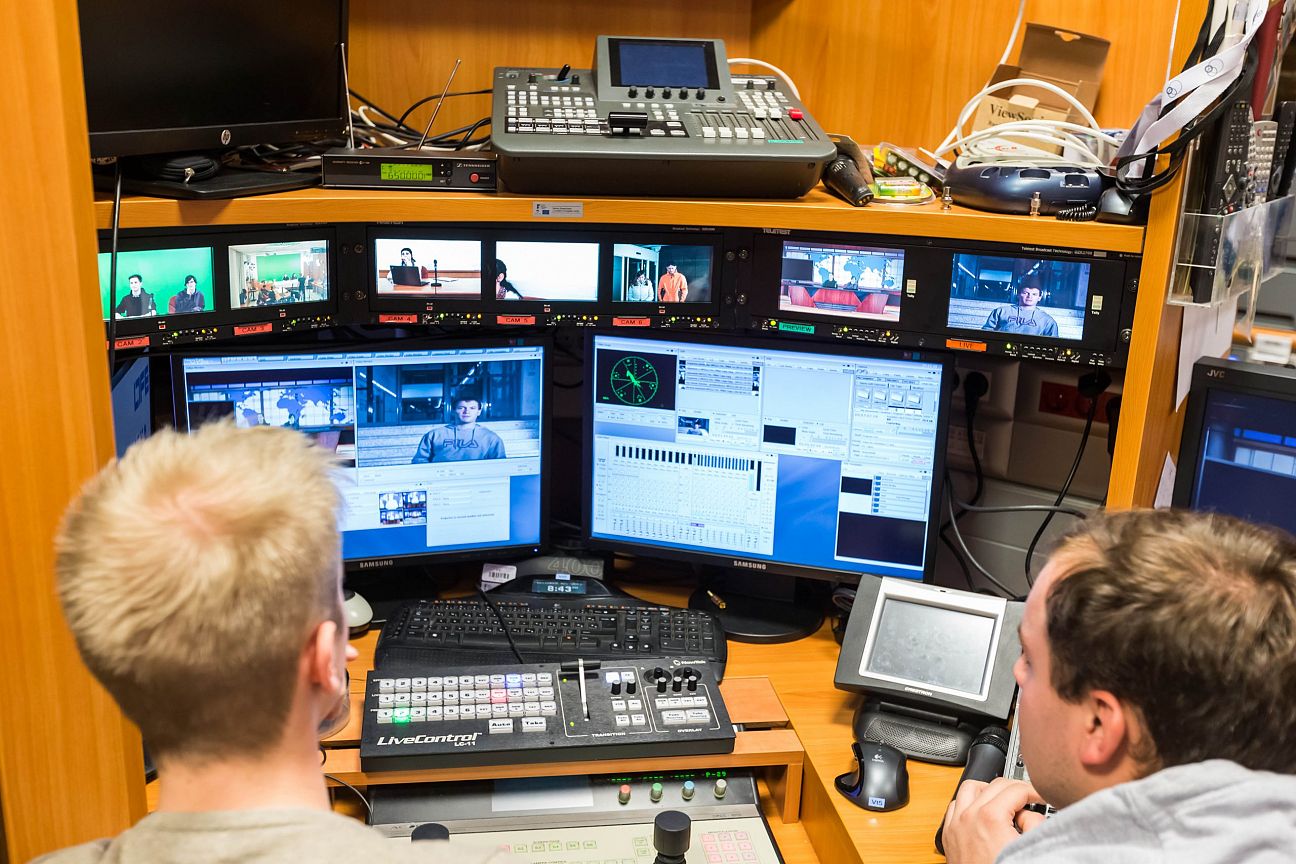
Multimedia2nd cycle
The interdisciplinary second cycle postgraduate study programme Multimedia is jointly run with the Faculty of Electrical Engineering and combines computer science and ICT skills.
Multimedia connects the world
The interdisciplinary 2nd cycle postgraduate study programme Multimedia is jointly run with the Faculty of Electrical Engineering and combines computer science and ICT skills. The programme trains students in the effective design and implementation of multimedia solutions, software development, analysis and processing of multimedia content, and visual presentation of information. It is an extension of the first cycle academic study programme Multimedia. A number of elective courses allow students to deepen their knowledge in specific areas of multimedia and to acquire competences corresponding to the profiles of a multimedia service designer, user experience designer, multimedia content analyst or multimedia systems engineer.
What does the study programme look like?
The course takes 2 years and is worth 120 credits (ECTS).
The first year of the Master’s programme comprises 6 compulsory courses, 2 professional elective courses at the Faculty of Computer and Information Science and 2 professional elective courses at the Faculty of Electrical Engineering. In the second year, students choose 2 subjects from one of the modules at the Faculty of Computer and Information Science and one of the modules at the Faculty of Electrical Engineering. Students must additionally choose two general elective subjects and complete their studies with a Master’s thesis.
On completion of the degree, students are awarded the title of Master of Multimedia Engineer.
What are the main objectives of the programme?
- To provide students with systems knowledge in the fields of telecommunications and computer science,
- to train students to analyse problems, find relevant sources and critically evaluate the information they obtain,
- to train students in the design and implementation of multimedia solutions, both from a technical and a user perspective,
- to provide software development skills,
- to provide skills in data analysis, discovery and visualisation,
- to provide knowledge in the analysis and processing of multimedia content,
- to train students to work in teams with professionals in technical and non-technical fields, including the ability to communicate actively in written or oral form.
What competences do students gain from the programme?
General competences:
- Ability to define, understand and creatively solve problems in the broad field of multimedia,
- the ability to think critically, based on analysis and synthesis,
- systemic knowledge, research and planning skills,
- professional, environmental and social responsibility,
- the ability to communicate in an active professional manner, both orally and in writing,
- the ability to make optimal use of information and communication technology and its development,
- the ability to keep up to date and acquire new knowledge independently,
- the ability to find sources, critically assess information and communicate knowledge,
- Ability to work as part of a team with experts in both technical and non-technical fields.
Subject-specific competences acquired through the programme:
- basic and specialist knowledge of telecommunications and information systems,
- the ability to technically design and implement multimedia systems and services,
- the ability to design and implement multimedia systems from the user’s point of view and user experience,
- knowledge of modern software development methods in multimedia systems,
- knowledge of the basic laws of information design and visual communication,
- the ability to understand data and discover knowledge from data,
- the ability to analyse different types of multimedia content,
- the ability to acquire knowledge and understanding in complementary fields of engineering and business.


